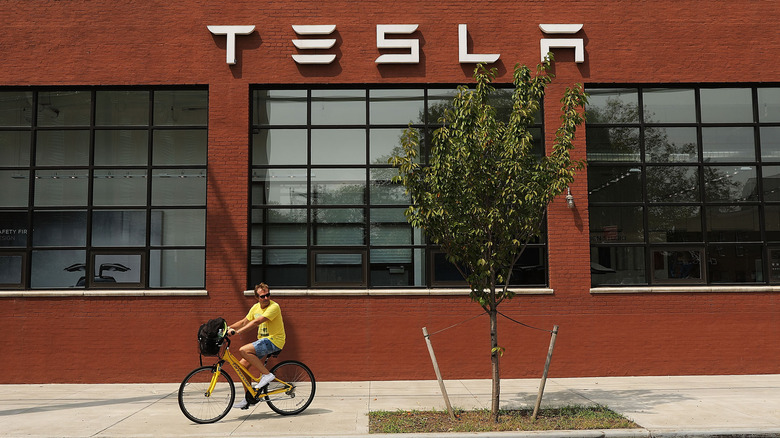Tesla disclosed a decline in vehicle deliveries for the first quarter of 2024, attributing the shortfall to logistical hurdles in the Red Sea. The electric vehicle giant fell short of analyst predictions, delivering only 386,810 vehicles, marking an 8.5% decrease compared to the same period last year.
In a statement released Tuesday, Tesla acknowledged temporary disruptions at crucial shipping ports along the Red Sea, which impacted the timely arrival of certain car parts. While the company refrained from revealing the exact nature of the disruptions, they assured investors that the issues had been resolved. Tesla reaffirmed its prior delivery targets for 2024, maintaining its ambitious goal of achieving a 50% year-over-year growth.
This delivery slump comes after a record-breaking year for Tesla in 2023. The company had consistently surpassed analyst expectations throughout the year, fueled by rising demand for electric vehicles and the successful launch of its Cybertruck. The first quarter of 2024, however, presented unexpected challenges.
Beyond the Red Sea disruptions, Tesla also grappled with production issues stemming from an attack at its Gigafactory in Berlin earlier this year. The incident, which is still under investigation, caused temporary delays in car production. Additionally, the company was busy ramping up production of the updated Model 3, which also slightly affected the delivery schedule for existing models.
The news of the delivery shortfall sent Tesla's shares tumbling by more than 5% during Tuesday's trading session. Investors, concerned about the potential for these setbacks to derail Tesla's aggressive growth plans, reacted negatively to the announcement.
Analysts remain divided on the long-term impact of these challenges. Some believe that the Red Sea disruptions were a one-time event and that Tesla is well-positioned to recover in the coming months. Others, however, caution that rising competition from established automakers and new EV startups could pose a significant threat to Tesla's market dominance in the future.
Despite the current hurdles, Tesla maintains its optimistic outlook for 2024. The company is pressing forward with its expansion plans, including the construction of new Gigafactories in North America and Asia. Tesla is also expected to unveil new vehicle models later this year, in a bid to reignite investor confidence and solidify its position as a leader in the electric vehicle revolution.

